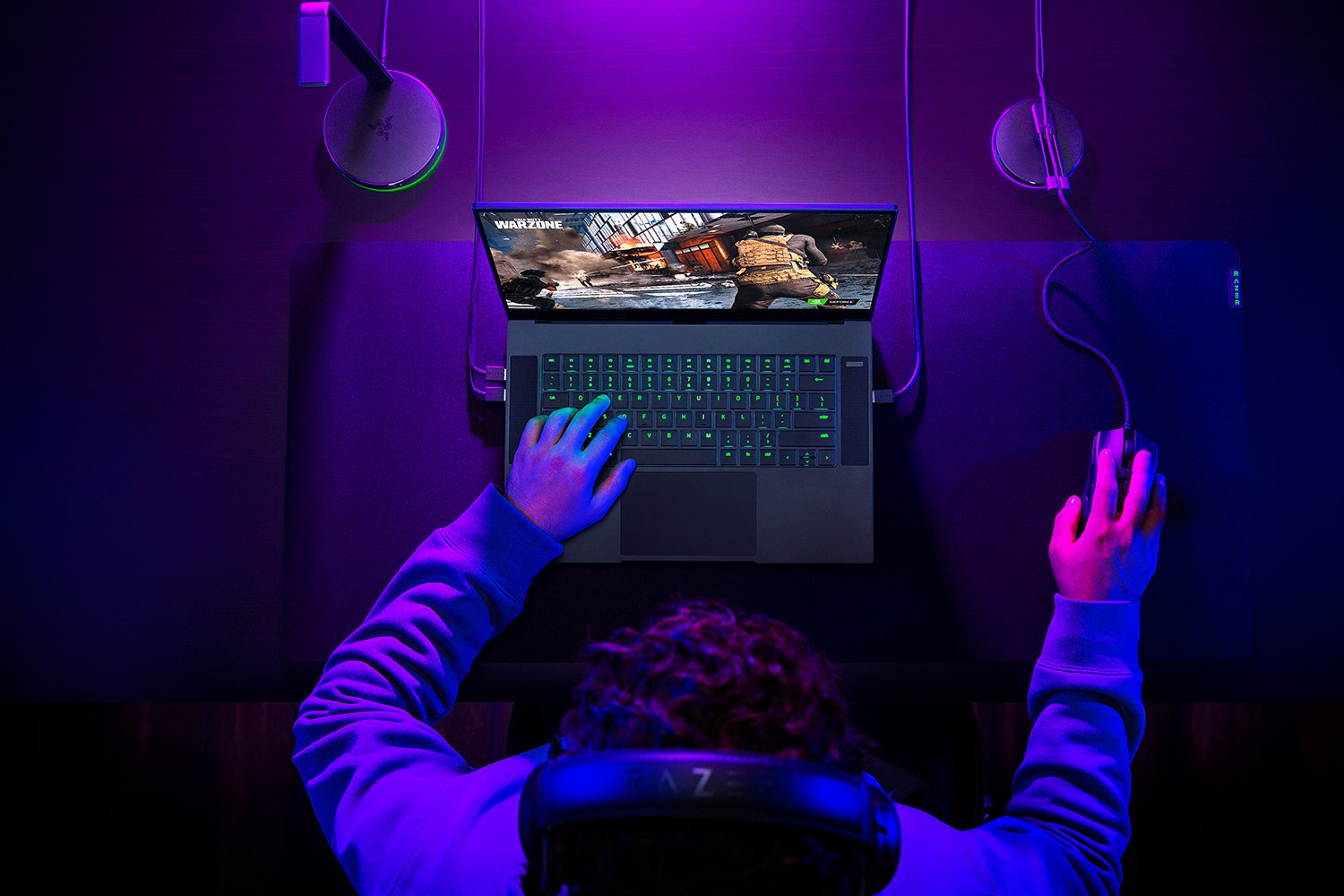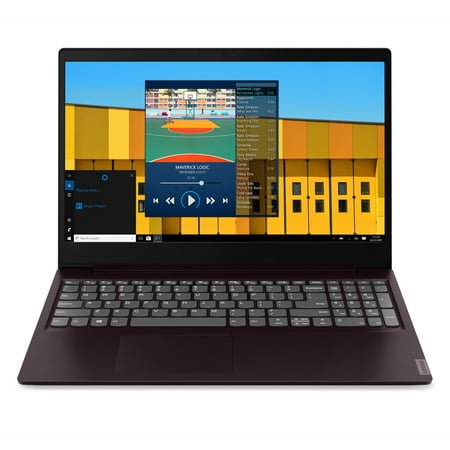Razer Blade 15 Base Model – Full HD 144Hz – GeForce RTX 3060 – Black
Still The Best Gaming Laptop.
Specifications
- 10th Gen Intel® Core™ i7-10750H 6 Core (2.6GHz / 5.0GHz)
- Windows 10 Home
- 15.6″ Full HD 144Hz, 100% sRGB, 4.9 mm bezel, factory calibrated
-
- Discrete: NVIDIA® GeForce RTX™ 3060 (6GB DDR6 VRAM)
- Integrated: Intel® UHD Graphics
-
- Installed: 512GB SSD (M.2 NVMe PCIe 3.0 x4) + Open M.2 PCIe 3.0 x4 Slot
- Maximum: Expandable up to 4TB SSD (M.2 2280)
-
- Installed: 16GB dual-channel DDR4-2933MHz (8GB x 2)
- # of slots: 2
- Maximum: Expandable up to 64GB
-
- Single-zone RGB Powered by Razer Chroma™ anti-ghosting keyboard
- US Layout
Product Code: RZ09-0369AE22-R3E1
Additional information
| DIMENSIONS | 0.78" x 9.25" x 13.98" |
|---|---|
| WEIGHT | 2.09 kg / 4.6 lbs |






Reviews
There are no reviews yet.